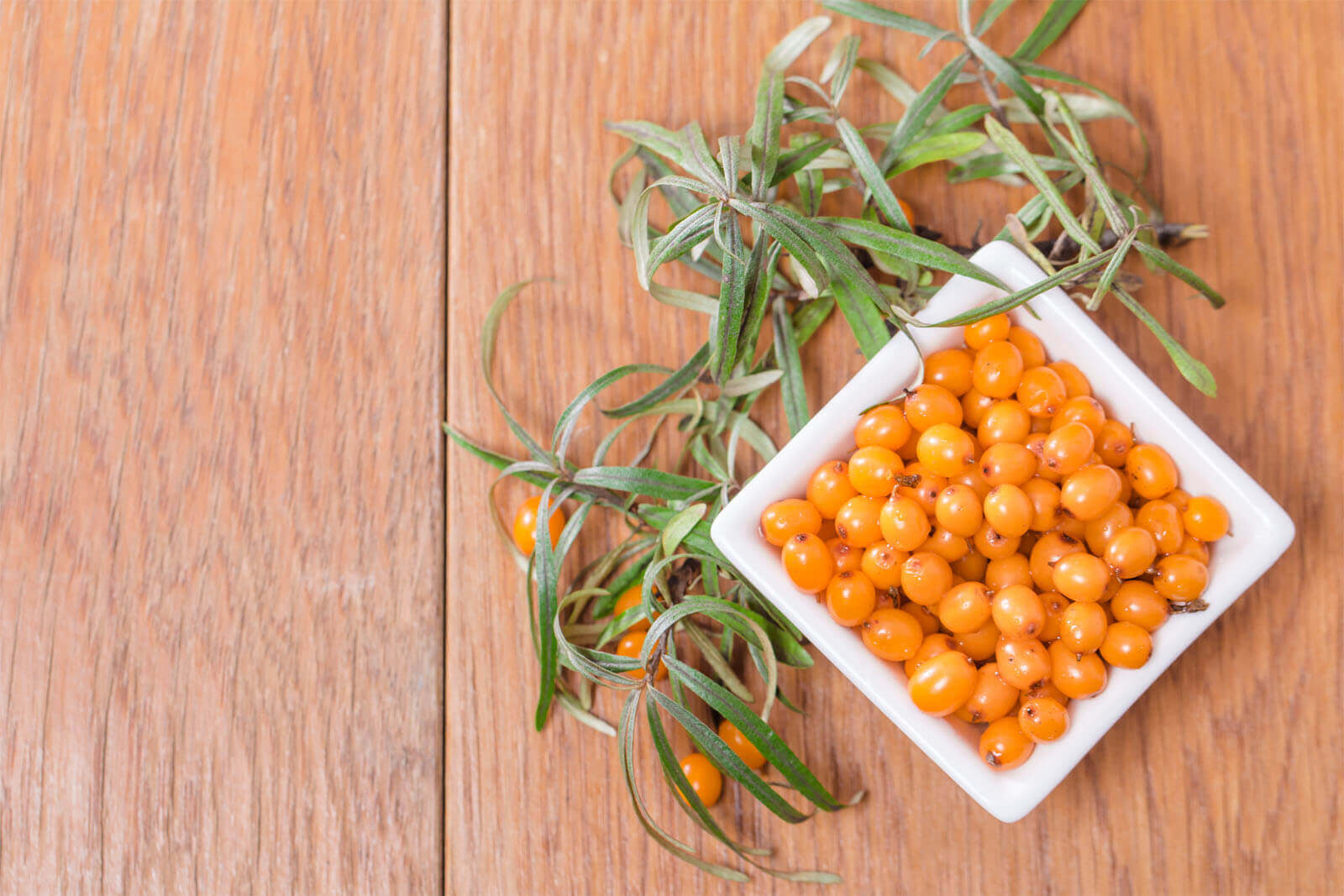What is organic?
How to know for sure that organic is organic…
Nowadays so many products, from sweet potatoes to skin creams, promote themselves as ‘organic’. But what does the term actually mean and how do you know that the product you are purchasing, is what it says it is?
Quite simply, the definition of organic (when it comes to consumables) is products that are made without the use of chemical fertilisers, pesticides, or genetic modification. While the standards of what is organic differ slightly around the world, this is the accepted benchmark.
Once upon a time, all farming was organic. The term itself only came into play towards the early 1940s, when farmers in the USA began to take a stand against the practice of using chemical pesticides. Some products (eg the plants from which our sea buckthorn oils are obtained are “wild grown” …. so they are neither farmed nor certified, but wild grown implies no pesticides so you can see that wording can be quite misleading).
Vendors often interpret the definition of organic differently. Some see it as nothing but an opportunity to make more sales. This makes it necessary to have a certification program to protect consumers and make sure high standards are maintained.
In general, the standards for a Certified Organic product include the following:
● No genetically modified seeds
● The use of farmland that has not been contaminated by chemicals for a period of three years
● Specific breeding, feeding and living requirements for livestock
● Separating organic from non-organic products throughout production.
In Australia, regulation for organic products was introduced as far back as the 1980s. Unless you know each and every chemical to look for on the ingredients of a product, the quickest way to find out if it is truly organic is to check for an accredited certification.
Over 2500 businesses sell certified organic products in Australia. Around 1500 of those have products that are verified as organic by Australia’s largest certifier, Australian Certified Organic. According to their website, certification “ensures compliance with national production standards and allows trace back of all products to their origin.”
For a product to be certified by the ACO, it must undergo a three-year process of audits to ensure its production process is organic. The vendor must then subject their premises to annual audits to make sure they remain compliant.
● The National Association For Sustainable Agriculture Australia Ltd
● Organic Growers Of Australia
● Organic Food Chain
● Bio-Dynamic Research Institute
● Safe Food Queensland
● Tasmanian Organic Association
A stamp of approval from any of these organisations means that what you are getting has at least 95% of ingredients derived from organic production methods, like our Aloe Vera Inner Vitality Capsules.
Some vendors do have certifiably organic products but are unable to afford the certifications, meaning it is possible to buy fully organic food and products that don’t have the official thumbs up. However, to know for sure, always check the packaging for an accredited Australian Organic Certifier logo.
